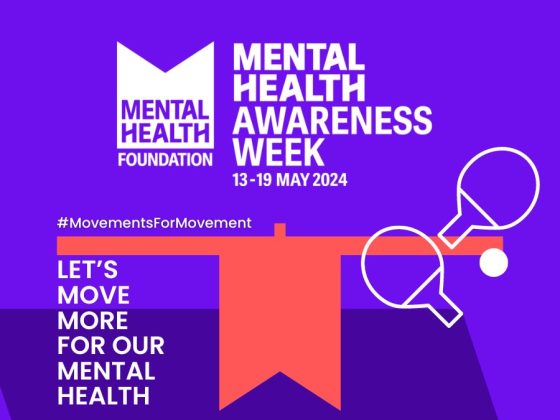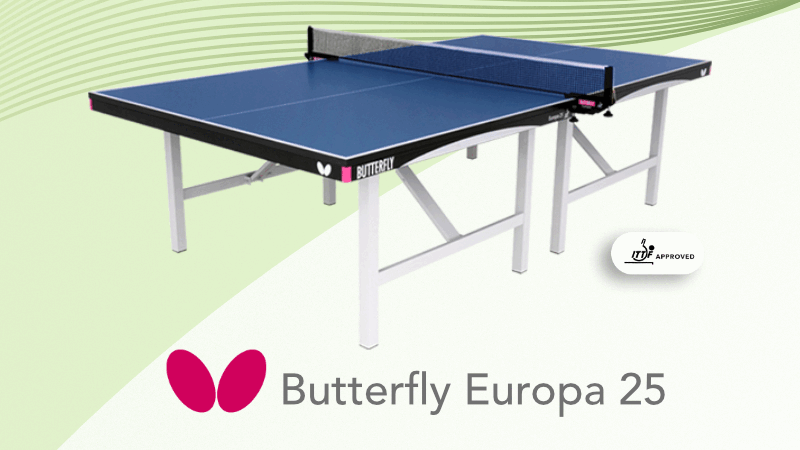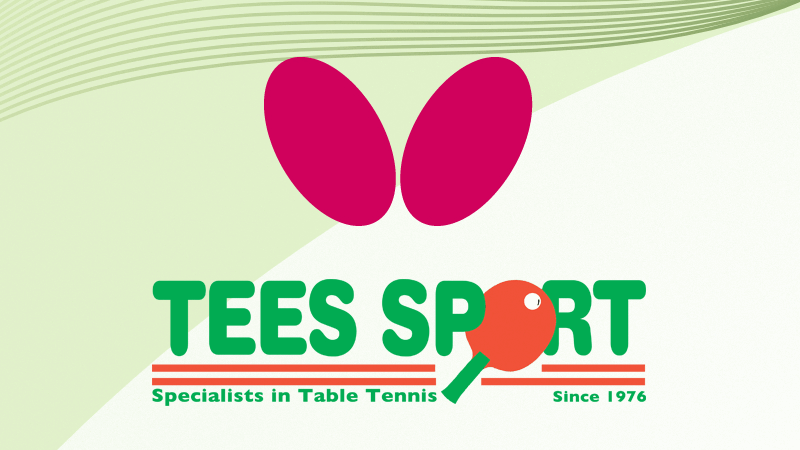For this year’s Mental Health Awareness Week, we focus on the vital role of mental well-being in our daily lives, to align with the campaign theme of Movement: Moving More for Our Mental Health. Regular movement is one of the most impactful actions you can take to protect your mental health as it can increase your energy, reduce stress and anxiety, and boost self-esteem.
Beyond the physical benefits such as improved coordination and cardiovascular health, table tennis can profoundly impact mental health. Sport in Mind’s #sportgotmethrough campaign highlights inspiring stories of individuals who have used sport to navigate mental health challenges. We encourage you to share your own experiences and tips on how sport has positively impacted your mental health. By doing so, you can help spread the word and inspire others to integrate movement into their routines for better mental health.
Christines speaks on her table tennis experience: “I moved to a new area where the only people I knew were my son and his family. My mental state was poor, and I had lost all my confidence. I hadn’t played table tennis since my early 20’s but plucked up the courage to go to a session.” She shares. “It was quite a magical experience. I had two hours where I forgot all my problems. Not only has my confidence improved so has my mental health.”
Hilary’s story resonates with many who have found solace in picking up the game after long absences. “Thirteen months of weekly table tennis after a gap of 50 years, and I have recovered bits of ME that I had lost or forgotten,” she reflects. “The fun, laughter, and activity give me new energy and boost my self-esteem. I love the release from a good forehand smash!”
Colin echoes the sentiment of using table tennis as a mental refuge amidst life’s stresses. “Playing table tennis helps me deal with stress and anxiety,” he affirms. “It takes my mind off things and I can enjoy playing with friends and family and pulling off trick shots.”
Chris highlights the inclusive nature of table tennis, welcoming individuals of all ages and backgrounds. “Table tennis is a great sport for getting people of all ages involved,” he states. “It is a great way to meet new people and keep active. The playing and social side is great to help people’s mental health.”

The benefits of table tennis for mental health
As depicted in the graphic, one in four of us will be affected by mental or neurological disorders at some point in our lives. Physical activity is shown to reduce stress, anxiety, and the risk of depression, and table tennis, as a flexible sport suitable for everyone, is a fantastic way to enjoy these benefits. Here are five ways table tennis positively impacts mental health:
- Enhanced Mood: Table tennis can trigger the release of neurotransmitters associated with happiness and contentment, fostering enjoyment and upliftment.
- Stress Reduction: The game requires quick decision-making and reflexes, diverting attention from sources of worry and anxiety, leading to relaxation and calm.
- Anxiety Alleviation: The focused concentration needed during gameplay can quiet anxious thoughts, promoting mindfulness and emotional well-being.
- Cognitive Stimulation: Beyond its physical aspects, table tennis challenges cognitive functions like attention, memory, and problem-solving, improving mental acuity over time.
- Social Connection: Whether playing casually with friends or in organized events, table tennis promotes social interaction and a sense of belonging, creating a supportive network that enhances mental well-being.
Why not get in touch with a friend and find somewhere to play some table tennis together? There are clubs, Ping Pong Parlours, and outdoor public tables all over the country that accommodate everyone, regardless of ability, so why not give it a go today? To find your nearest table click on the big red button below.
If you’re over 50 and looking for a relaxed environment to enjoy table tennis, consider joining our Bat & Chat sessions, which include a coach and a mix of free play, fun and competitive games, and a break for socialising.
“Table tennis appeals to all age groups and can be tailored depending on mobility and ability of participants, allowing it to be a more inclusive and enjoyable session.” says Beth Marriott, Sport In Mind Development Officer
Table tennis serves as more than just a sport; it is a valuable tool for promoting mental health and well-being. By recognising and embracing its benefits, individuals can use table tennis to improve their overall quality of life.





